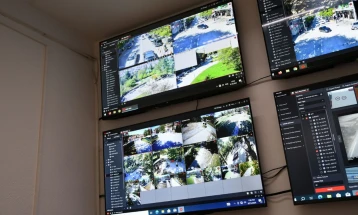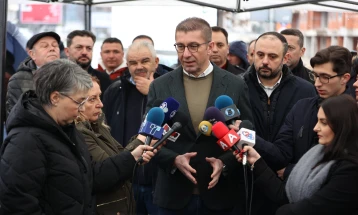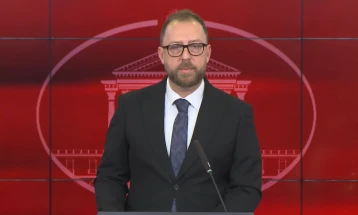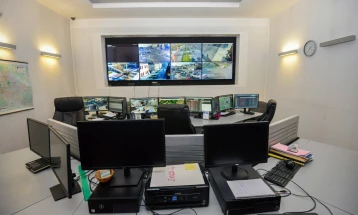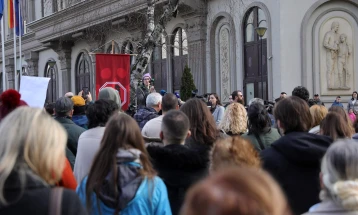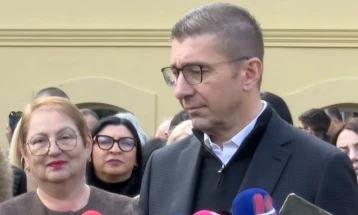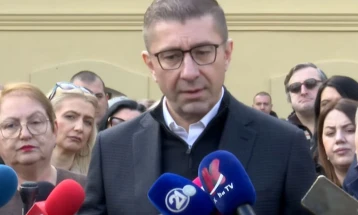WhatsApp and Viber groups enable quick communication between journalists and institutions in fight against disinformation
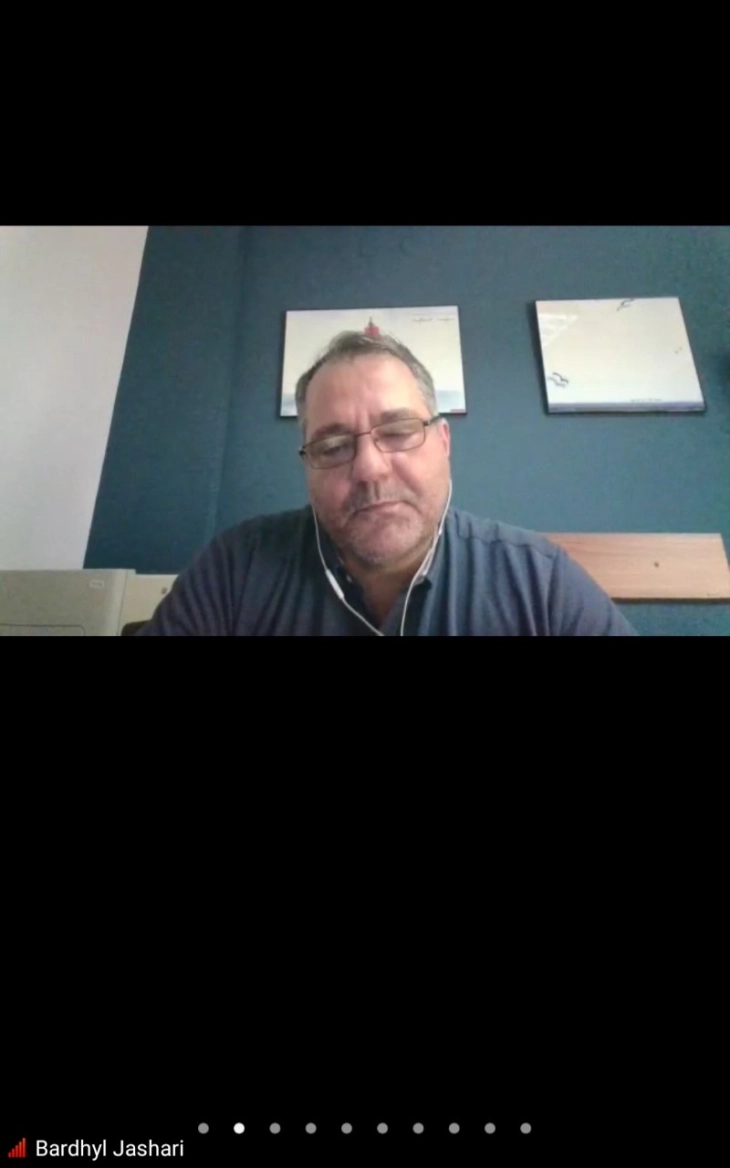
Skopje, 21 October 2021 (MIA) – Through a closed group on WhatsApp, journalists can get information from institutions concerning four topics: Covid-19, the census, the EU integration process, and the environment. The Metamorphosis foundation has also started the open “De Facto: Only checked content” group on Viber which will post accurate, checked and verified information on topics from the everyday life.
Journalists will be able to ask questions concerning these topics and get timely, accurate answers confirmed by relevant sources or experts. This initiative aims to make journalists’ and media workers’ jobs regarding access, gaining and exchanging information easier.
The executive director of the Metamorphosis Foundation, Bardil Jashari, said at Thursday’s promotional event for these groups that the battle against disinformation and reducing the damages from the spread of fake news is most effective when the efforts are mutual.
“If we all do what’s within our jurisdiction and then work together to coordinate our efforts, we have a fighting chance. This cooperation is crucial. We have a chance to succeed only through mutual efforts, although it’s a complex battle,” Jashari said.
He believes that state institutions should be as transparent and held accountable as much as possible, to provide timely information, which will reduce the possibility for misinterpretation. Journalists should also strictly adhere to professional standards. NGOs have to fact-check, as well as monitor various information manipulation in the media, and cooperate with other factors to educate the citizens to responsibly consume information. Media literacy is also of exceptional importance, Jashari said.
Marjan Zabrchanec, National Coordinator for Strategic Communications and implementation of the government’s communication strategy, said that the government is dealing with misinformation through the four pillars of the action plan, which are: active transparency, media literacy, collaboration and quick fact checking, and quick reaction times.
He said that active transparency has been achieved over the past four years.
“It’s important because, when you’re presenting facts and information, it’s harder for people to use misinformation when the right information is already in the air,” Zabrchanec said.
He believes that media literacy cannot just be a subject matter in schools.
“We all have the opportunities, resources, knowledge and conditions to conduct activities that we could call educating, raising public awareness concerning digital literacy and critical thinking. We can join forces from our respective domains and implement mass activities to educate the public on critical thinking and media literacy. The need to grow democratic capacity, initiate criticism and doubt everything that was said in public deserves to be featured on billboards, videos, and special shows in all types of media, if we want the effects to be quick,” Zabrchanec said.
Establishing a society that’s immune to disinformation is the work of multiple factors, he added.
“We’re ready to increase cooperation and we expect it to intensify. This example today is excellent as an initiative of the civil sector, a media organization, journalists and institutions are joining in as responsible factors in order for the truth and facts to be achieved quickly,” Zabrchanec concluded. dk/ba/
